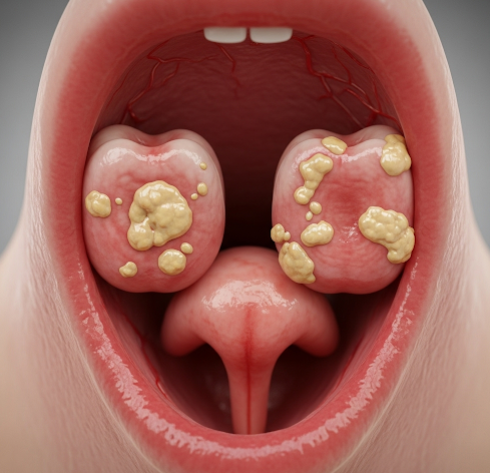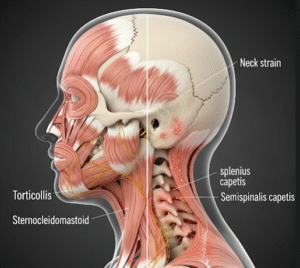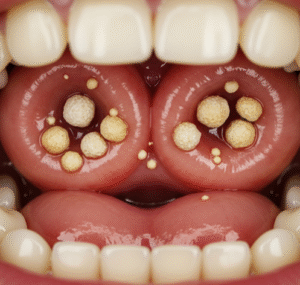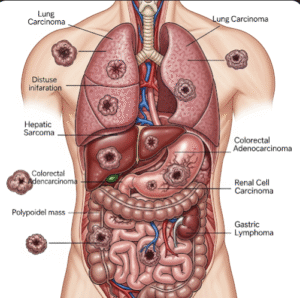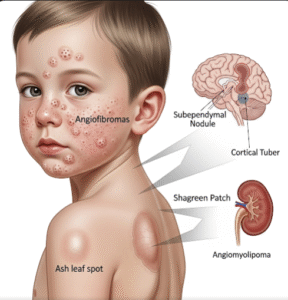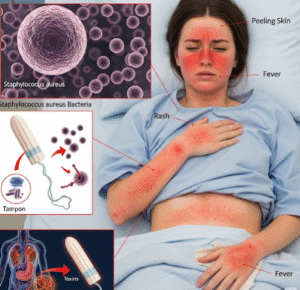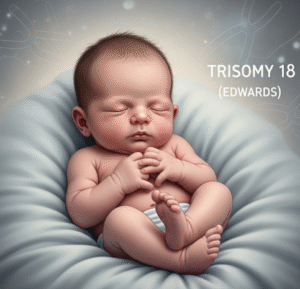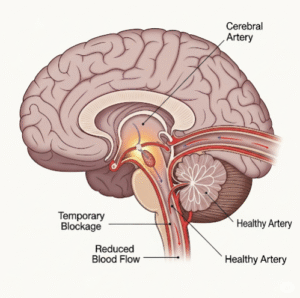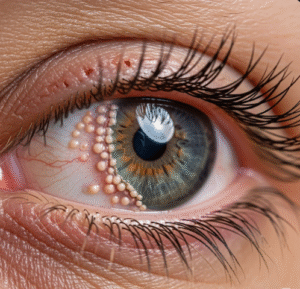Overview
Turner Syndrome (TS) is a rare genetic condition affecting females, caused by a complete or partial absence of one of the X chromosomes. It occurs in approximately 1 in 2,500 live female births worldwide. Turner Syndrome is characterized by short stature, ovarian insufficiency, and a variety of congenital abnormalities affecting the heart, kidneys, and other organ systems. In South Korea, specialized genetic and endocrinology clinics provide early diagnosis, hormone therapy, and multidisciplinary care to manage the physical, reproductive, and psychosocial challenges associated with TS. Early intervention improves quality of life and long-term health outcomes.
What is Turner Syndrome?
Turner Syndrome is a chromosomal disorder resulting from monosomy X (absence of one X chromosome) or mosaicism (partial loss or structural alteration of one X chromosome). It exclusively affects females and leads to a range of clinical features due to impaired development of various tissues. The condition may present at birth, during childhood, or in adolescence, depending on the severity of chromosomal abnormalities. South Korean hospitals utilize karyotyping, genetic testing, and prenatal screening to detect Turner Syndrome early and guide personalized care plans.
Symptoms
Symptoms of Turner Syndrome can vary widely, but commonly include:
- Short stature: Noticeable growth delay, usually evident in early childhood
- Ovarian insufficiency: Delayed or absent puberty, infertility, and lack of menstruation
- Physical features: Webbed neck, low hairline, broad chest with widely spaced nipples, and lymphedema of hands and feet in infancy
- Cardiovascular anomalies: Bicuspid aortic valve, coarctation of the aorta
- Kidney malformations: Horseshoe kidney or other structural abnormalities
- Hearing problems: Recurrent ear infections and mild hearing loss
- Skeletal issues: Shortened metacarpals or scoliosis
- Other features: Thyroid disorders, autoimmune diseases, and mild learning difficulties, especially in mathematics and spatial reasoning
Symptoms may be subtle or pronounced, making early evaluation and diagnosis in Korea essential for effective management.
Causes
Turner Syndrome is caused by the absence or structural alteration of one X chromosome:
- Monosomy X (45,X): Complete loss of one X chromosome in all cells
- Mosaicism: Some cells have 45,X while others have normal 46,XX chromosomes
- Structural abnormalities: Deletions, ring X chromosomes, or translocations of the X chromosome
TS is generally not inherited, occurring as a random chromosomal event during gamete formation or early embryonic development. Maternal age may play a minor role in increasing risk, though it is less significant than in trisomy disorders.
Risk Factors
While Turner Syndrome is largely sporadic, certain factors can increase the likelihood:
- Being female, as the disorder affects only girls
- Parental history of chromosomal abnormalities may slightly increase risk
- Advanced maternal age may marginally contribute to chromosomal nondisjunction
In South Korea, prenatal screening, including non-invasive prenatal testing and chorionic villus sampling, is available for families with risk factors or previous affected pregnancies.
Complications
Turner Syndrome is associated with multiple potential health complications:
- Cardiovascular: Increased risk of hypertension, congenital heart defects, and aortic dissection
- Reproductive: Ovarian failure leading to infertility and hormonal deficiencies
- Metabolic: Higher prevalence of type 2 diabetes, obesity, and thyroid disorders
- Skeletal: Osteoporosis, scoliosis, and joint problems
- Hearing and vision issues: Recurrent otitis media and vision impairment
- Psychosocial: Social anxiety, learning difficulties, and challenges with peer relationships
Regular monitoring and multidisciplinary care in Korea help mitigate these complications and support long-term health and quality of life.
Prevention
Turner Syndrome cannot be prevented due to its genetic origin, but early detection and proactive management reduce complications:
- Prenatal diagnosis: Early identification through karyotyping or non-invasive prenatal testing
- Growth monitoring: Early detection of growth delays enables timely intervention
- Regular cardiovascular and renal evaluations: Screening for congenital anomalies
- Endocrine evaluation: Early assessment of ovarian function and hormonal replacement therapy
- Education and psychosocial support: Promoting learning strategies and social integration
Korean healthcare systems provide comprehensive guidelines for early screening and lifelong monitoring.
Treatment Options in Korea
Treatment for Turner Syndrome in South Korea is personalized and multidisciplinary:
Medical Management:
- Growth hormone therapy: Initiated in childhood to improve final adult height
- Estrogen replacement therapy: To induce and maintain secondary sexual development
- Hormonal therapy: Progesterone supplementation to regulate menstrual cycles
Monitoring and Support:
- Regular cardiovascular assessments, including echocardiography and blood pressure monitoring
- Renal ultrasound to detect structural abnormalities
- Screening for thyroid function, diabetes, and lipid disorders
- Hearing and vision evaluations
- Psychological and educational support for social and cognitive development
Surgical and Procedural Interventions:
- Cardiac surgery for congenital heart defects when indicated
- Corrective procedures for skeletal deformities, such as scoliosis
Supportive Care:
- Multidisciplinary clinics combining endocrinologists, cardiologists, nephrologists, psychologists, and genetic counselors
- Family counseling and patient support networks
- Lifestyle guidance for diet, exercise, and long-term health maintenance
South Korea’s advanced healthcare infrastructure ensures that patients with Turner Syndrome receive early diagnosis, evidence-based treatment, and continuous monitoring to optimize physical, reproductive, and psychosocial outcomes.

